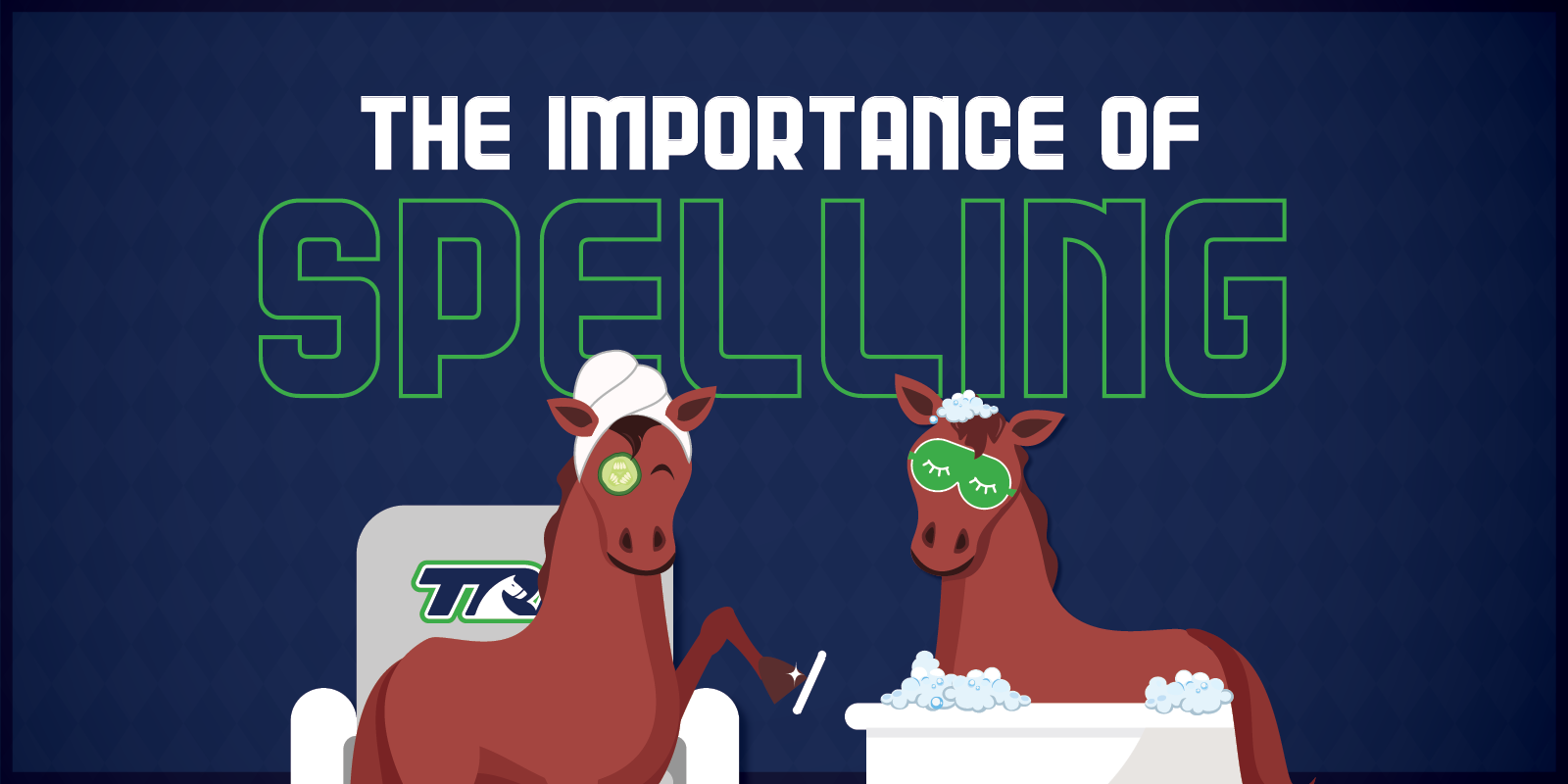Owners often cringe when they hear the words “time for a spell”. It can often seem as though their investment is just spending time eating grass, not in the stables and not racing.
While it can be frustrating for owners to have to bide their time, the reality is that spelling is a critical and necessary component of developing [and maintaining] a successful racehorse. A fast horse is a happy horse that is both mentally and physically ready for the races.
Thoroughbreds – especially young horses – are no different from humans in that they perform better when they are fresh and ready, when they want to do work and when they have a full understanding of what it is they need to do.
Young horses are learning their craft and after every learning session it takes time to reflect and commit to memory the different nuances such as changing pace, responding to a jockey’s request and how to find a hole in the pack.
Talking physically, a young horse needs a spell more than an older horse. Young horses are still growing and need time for their muscles to build on their frame. If you think of a lanky teenager, their limbs often seem to be nothing more than skin and bones as their muscle has not yet caught up to their frame: sometimes this is the case with young thoroughbreds.
Another important aspect that is driving the theory of short but regular spells for a young horse is that young horses do not hold their muscle as well as older thoroughbreds. Several TRL trainers – Gai Waterhouse included – are known for short spells for young horses to make sure they have time to keep replenishing their bodies. They can be tipped in and out of spells and preps to keep them in the best possible physical form as well as mental form.
While there are obvious physical benefits to spelling, you could easily argue just as strongly that spelling a young horse is more important for them mentally. A young horse is still learning at every outing: every morning in the stable could be with a different team of people or doing a different type of training.
When you consider that training these days can include track work, pool work, jump work, treadmill or walker work, or even a beach trip, there is so much for the young brain to take in and understand how to use these learnings in a race situation.
Another important mental aspect is keeping the ‘desire’ in the horses. Having them want to push themselves ‘into the red zone’ can only occur with a happy horse. A happy race horse performs better and function better.
A spell can be any length of time with 6-8 weeks being the average but it is truly dependent on what the individual horse needs. A younger horse early in its career is often only spelled for 3-4 weeks.
Owners of The Racing League in NSW & VIC are now experiencing spelling first hand as The Sherpa enters its first spelling phase with Bellinger halfway through the process.
As TRL owners know from Shannon Betts, Owner and Founder of Emeran Park [where your yearlings are currently training], whenever a horse comes to her for a spell in the paddock she wants them to have fun.
The horses play, relax and to really remember how much fun it is to be a thoroughbred with a finely tuned body. It’s a mental holiday from the track where they can stretch and play, remembering all those amazing things their finely tuned body can achieve.
The long-term interests of The Racing League’s horses are prioritised over any short-term attractions and spelling is one way of ensuring we keep the balance tipped in our precious thoroughbreds favour.
If you would like to become a racehorse owner for just $200 (plus a monthly fee of $20 per share), please click HERE.

